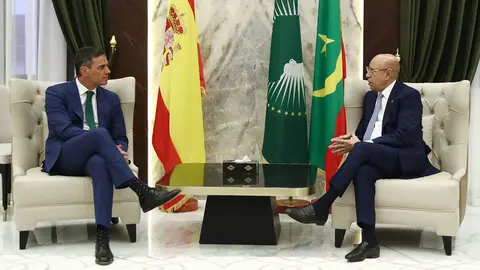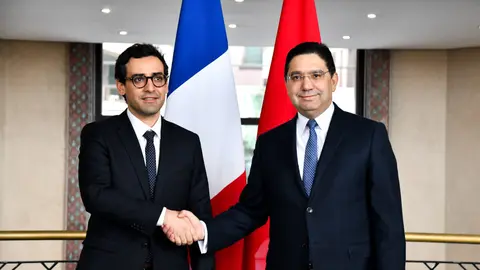Why don't they stay in Africa?
Jaume Portell analysed in the microphones of ‘De cara al mundo’ on Onda Madrid the reality of the debate between the main Spanish political parties on immigration and the Government's policy after the tour of President Pedro Sánchez to Mauritania, Gambia and Senegal
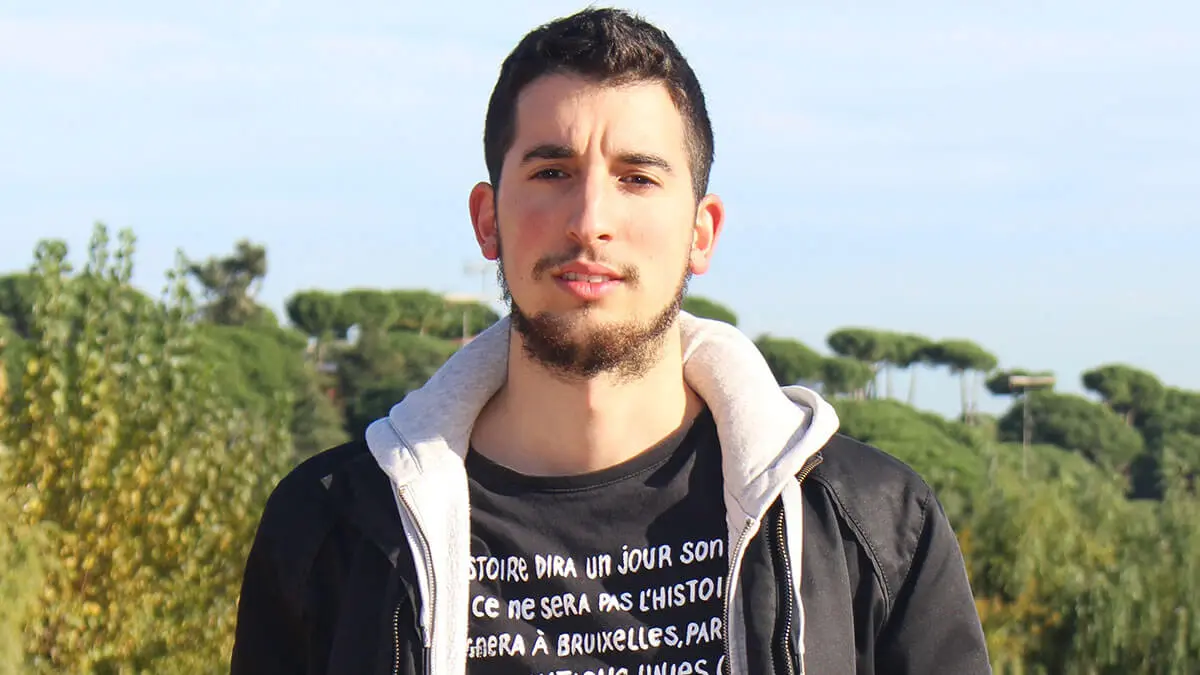
Jaume Portell Caño, journalist and author of the book ‘Why don't they stay in Africa?’, analysed the lack of a comprehensive policy in these African countries and the need to industrialise them with the necessary training to allow regular and organised immigration.
In addition, the importance of geostrategic security issues, such as Russian-backed military coups d'état, which are contributing to instability, was addressed.
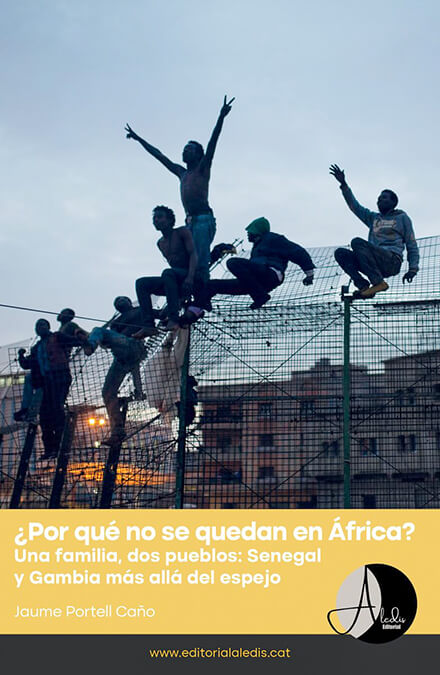
‘Why don't they stay in Africa?’ That is the title of your book and we want to know the main reasons why they don't stay in Africa.
The title comes because African countries at the end of the day occupy a place in what we call the international division of labour, which is the place of the warehouse so that we understand each other.
There are countries that specialise in economic activities that make them richer, such as industry, such as certain services; and others that specialise in activities that impoverish them or leave them stagnant, that tend to produce raw materials, but do not process them. This leads to a list of countries competing to sell the same thing, and in the end what we have to understand is that if there is someone selling apples and right next door there are 27 people also selling apples, the number of buyers of apples is limited. Therefore, prices fall, they always have the tendency to fall in the medium term.
And this is exactly what happens with African countries, that sometimes there is a boom and, in fact, in recent years there has been growth in African economies. Some newspapers were talking about an Africa that was growing and where there was more growth in the world, economies that have even double digit growth, but we didn't do a qualitative analysis. We were looking at the quantity of growth, but not at the quality of this growth.
And what had to happen has happened. When an economy bases its growth on raw materials, it ends up falling, and when it falls, the country's situation is revealed. And in the case of African countries, it has become clear that it was bad, and that is when migration has shot up, and that is why they are not staying.
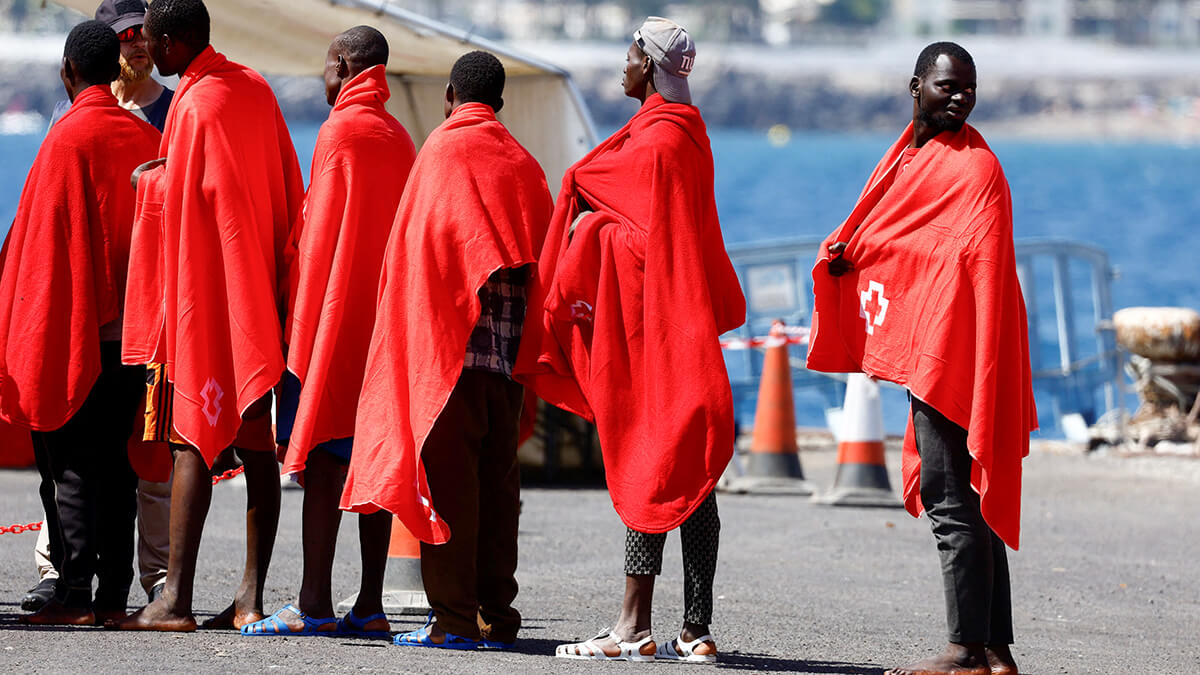
There will be no solution, after the drought that is also hitting these countries hard. But what is proposed is the industrialisation of these countries so that they can manufacture, process their raw materials and be able to market them and thus offer opportunities to their people.
I remember a person in Gambia telling me that the best example to explain the crisis they are suffering is the peanut. In The Gambia, groundnuts are sold unprocessed and very cheap; and they are processed elsewhere and imported more expensively. This is a very simple, very homemade example that explains what the problem is in this case in Gambia. And of course, if Gambia dedicates a third of its land to peanuts, it has a very important effect on the lives of many people, because we are talking about a third of the cultivated area in Gambia.
And this example of peanuts can also be applied to Senegal, which also devotes about a third of its land to peanuts and all the other agricultural products that exist in Senegal, in Gambia, in Mauritania and in many other African countries. It's the same thing with fishing, selling that unmanufactured or unprocessed fish weakens your economy a lot.
On this tour, one of the aspects that we have commented less on is that Spain, which is the main beneficiary of the fishing treaties with these three countries, because we say the European Union-Senegal, European Union-Gambia, European Union-Mauritania treaties, is really the main beneficiary of these treaties and Spanish vessels, especially tuna vessels. These treaties need to be renewed, because the Senegal treaty expires in November, the Gambia treaty expires next summer and the Mauritania treaty expires in 2026.
To what extent are we giving out headlines about migration, when really an important mission is to renew these fisheries treaties? I would like to take this opportunity to say that in Senegal, for example, they are extremely unpopular. And, in fact, the new government came to power with the promise that this would change. So if they sign the treaty with exactly the same conditions, there will be a lot of people in Senegal who will be very disappointed with their government.
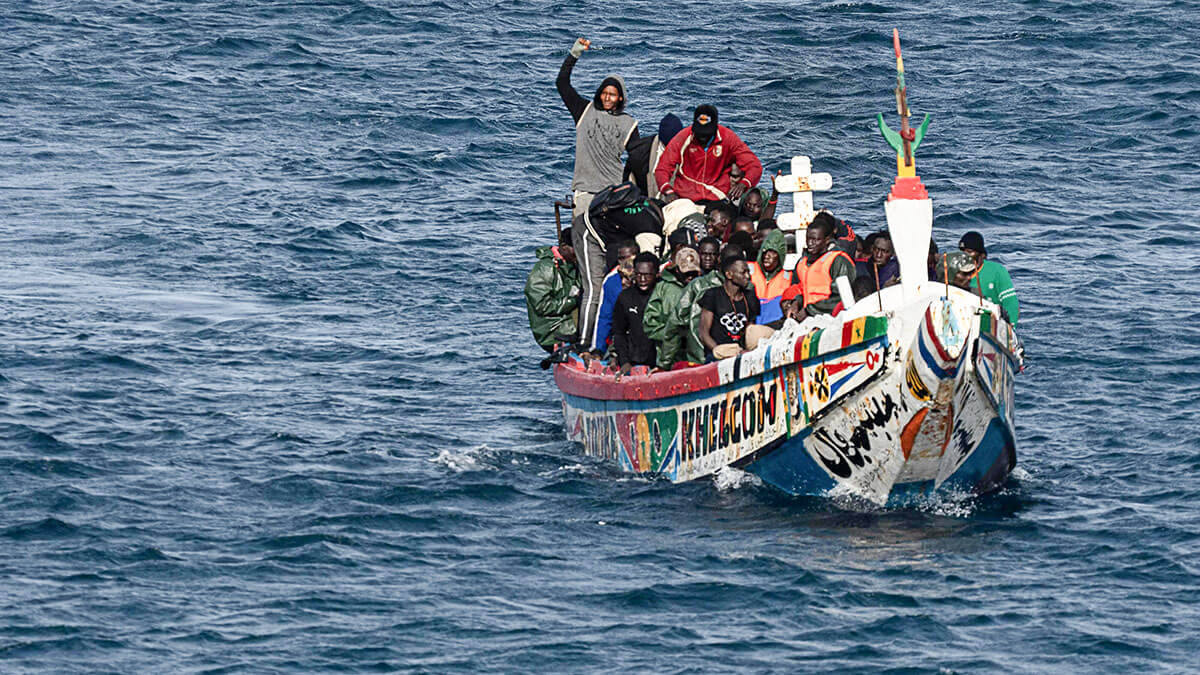
Yes, because you can name names, can't you? We can talk about fishing in Spain, but if we talk about decolonisers like France, who decolonised politically, but economically and commercially created a total dependence on raw materials for the benefit of their GDP, here we have the need, beyond security issues, military issues and so on, maybe to ask countries like France, the UK, Belgium, to change their policies and allow these countries to process their raw materials and that these raw materials don't have to go first to these European countries.
Of course, there is a very old idea that comes up from time to time. When we talk about the origins of the European Union, we like to talk about freedom, democracy, that the Second World War was over and we decided to become friends with a common project. Let's say, this is the nice and official story of the European Union, but the real story is that when the European Union is founded, some of the founding members are colonial empires, and one of the advantages of bringing together several colonial empires is to start opening African markets for everybody. In other words, now France's cake is going to be shared a little bit by the members of the European Economic Community.
And that vision continues today, because we are talking about France and its African empire underpinned by the CFA franc, which is the currency that unites 14 African countries with France, through parity, first with the French franc and now with the euro. But we are all beneficiaries, because the fact that France is a nuclear power that produces cheap electricity has for many years allowed it to export that cheap electricity to its neighbouring countries, such as Germany or Spain. So it's like a cake, there is an owner or there is a country that has that cake more or less in its name, and then there are a number of guests.
And those guests are all the countries of the European Union, which we must remember is an industrialised bloc, although it consumes a lot of energy, but most of that energy is imported. And that's where things get complicated, because this imported energy has to come from countries that have to produce a lot of energy and consume little. Because if they consume a lot, we are lost from the European point of view. To give you an example, if Algeria did not export gas to Spain, then Spain would have a problem, because a significant part of its electricity is produced with that gas. And that gas also comes from Nigeria and it can also come from Angola. There are also commercial partners in other places, but nowhere are we going to find, in inverted commas, better conditions than in Africa.
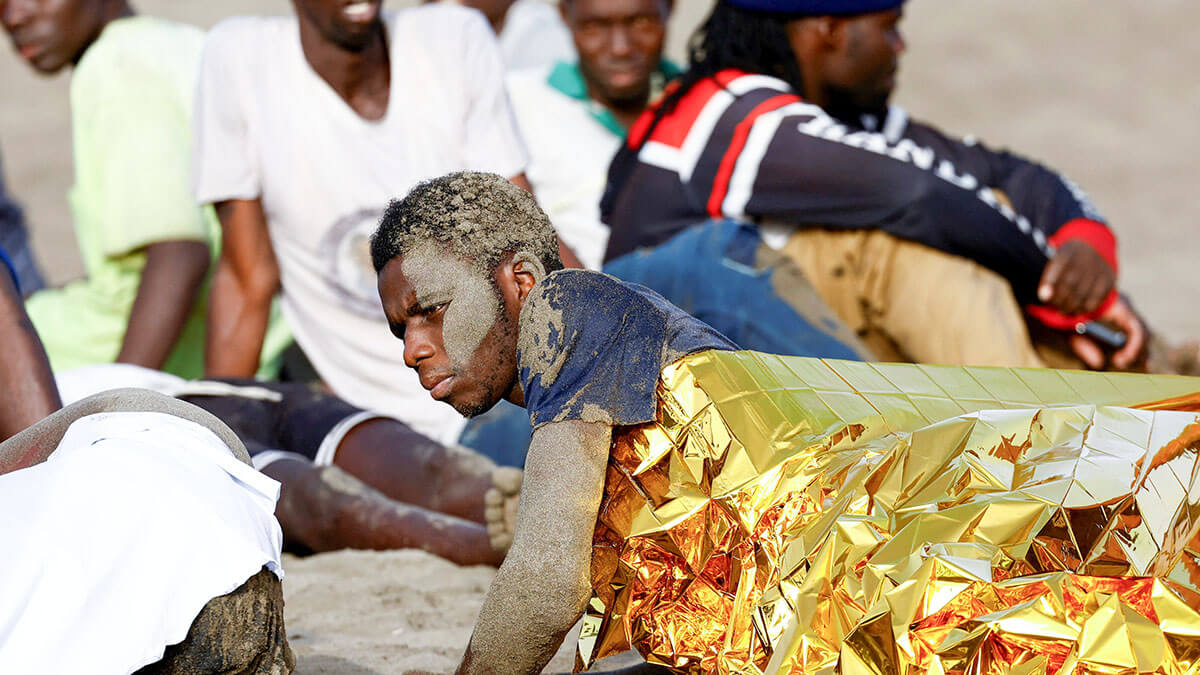
Jaume, the geostrategic security issues, for example, all the movements that are taking place in the Sahel, these military coups d'état backed by Russia, all these issues, how are they contributing to instability? In Mali there are thousands of Malians waiting to get on a cayuco and come to the Canary Islands. How should this be stopped? Because the experience we have had is that the former colonising power France has been kicked out of those countries because of the unpopularity they have had for a long time.
The expression I would use here is ‘all catch, no catch’.
There are many fishermen, both countries and military or paramilitary organisations or terrorist groups. I strongly disagree with the view that ‘Russia is manipulating African countries, social media and fake news’. Malians, Burkinabe or Nigerians do not need a propagandist, even a propagandist as crude as Russia Today, to detest the French.
It is enough for them to look at their own history and see what this alliance and brotherhood with Paris has done for their countries. In other words, was Russia or Russian paramilitaries the partner of choice to make this leap and try to escape from France? I say try because it must be remembered that the CFA franc is still used as a currency in all three countries. So you can make whatever announcements you want, but if your economy is still fixed or anchored to your former empire through its currency, the economic reality is what it is.
But there is no doubt that the current situation is complex and I would add another factor, which is climate change. Many of the conflicts have an economic root which is, above all, the conflict between shepherds and farmers who in the past shared land and resources because there was enough for everyone. Again, the metaphor of the cake is a bit of a metaphor.
And as droughts progress, suddenly that scarcity causes a shepherd to pass by and his animals to eat, it bothers the farmer because he has lost part of his harvest. And if you add to that confrontation between shepherds and farmers that often there is also a factor of different peoples, what in the West we used to call ethnic clashes, which gives it a more national or village dimension, of saying ‘these people are making life impossible for us’, ‘these others are destroying us’, if you add to that cocktail religion, the Islamist issue, you have a very important situation of insecurity. But I always like to stress that it is the Islamist issue, but it would have been any other, because many of the jihadist fighters, 25%, say they joined to have a steady paycheck.

We recommend that, for 19 euros, for example, on Amazon, you buy the book ‘Why don't they stay in Africa?’, which explains many of the issues analysed by Jaume Portell and which are very useful, and I wish many politicians would read it before going on tours, in order to tackle a problem that is a serious problem, but which needs solvent and global solutions, not patches and photos of a three-day tour.


